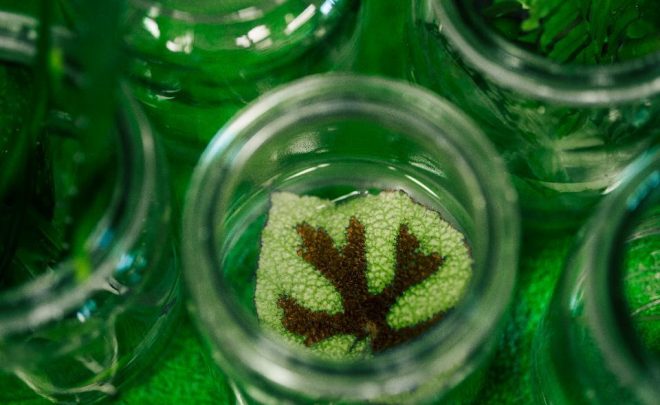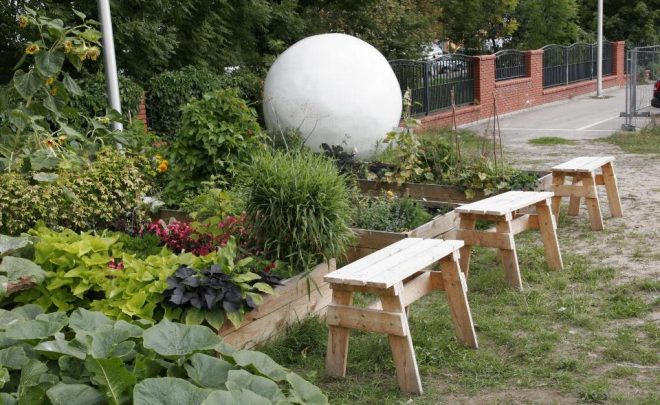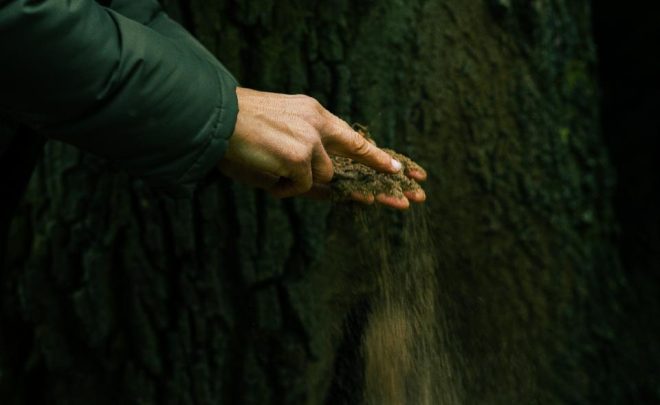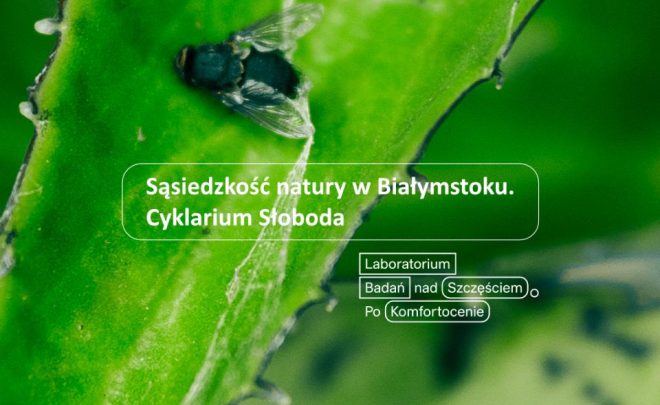Interspecies Community. Neighbourhood of Nature in Białystok. “Biorney” – a walk with Michał Książek
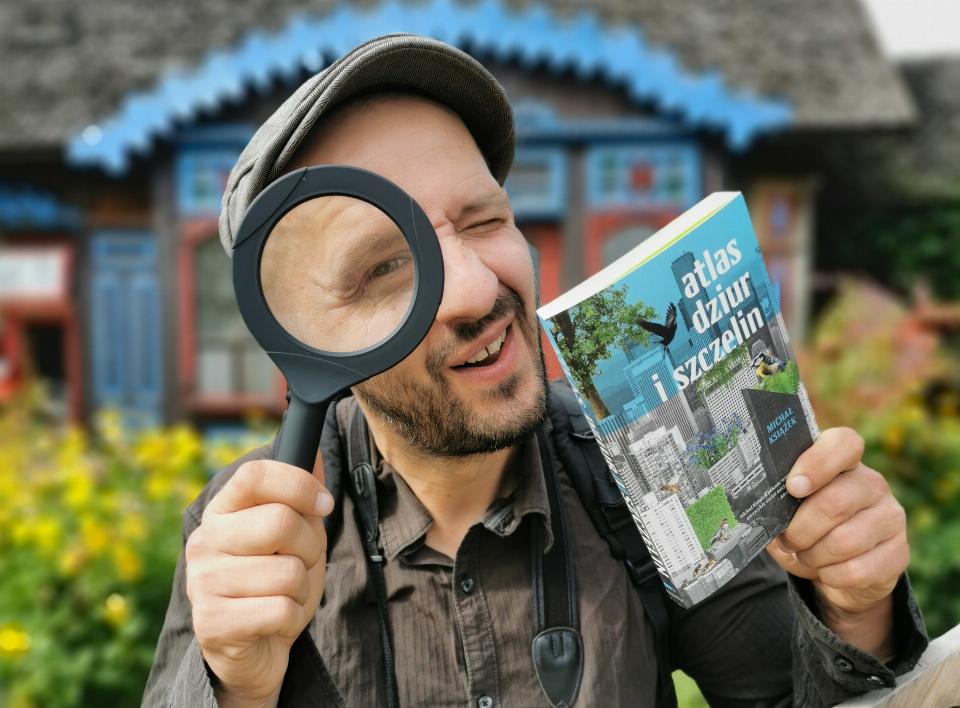
As part of the project “Interspecies Community. Neighbourhood of Nature in Białystok”, everyone is cordially invited to join our “Biorney” – a walk around urban forests and wastelands with Michał Książek.
When: October 21st (Saturday), 11:00 a.m.
The meeting will begin in front of the “Arsenal” Gallery at Adama Mickiewicza No. 2.
Admission to the event is free.
BIO – from the Greek for life, way of life (bios) and RNEY – the final four letters of the word journey.
Everyone’s Important
A Biorney is a type of hiking expedition, participants mindful of all symptoms of bios at a given location. Biorneys eliminate the tendency to focus on rare species, or ones considered particularly attractive for reasons of size or colour. Walkers will pay attention to all encountered bios, including their life interests. The approach allows everyone to become an observer as well as an actor in his/her place of residence, as one of the many local bios contributing to a joint script.
Consequently, Biorneys do not treat any encountered bios as a specimen of a given species only, its biology known and predictable. The bios is more of a person with a unique biography, often as not convoluted and dramatic. We are concerned with life rather than the mere appearance and/or reproduction habits of animals and plants met on the way.
The Bios one runs into during a Biorney may be a biobios – insect, fungus, mite, mammal, plant, springtail, or an anthrobios – human being.
The Journey
Biorneys allow rediscovery – reinhabiting, if you will – of locations considered well-known and dreary. “Microcosmos!”, “Coral reef!”, “City within a city!” – is how people typically respond when carefully inspecting tree bark under a magnifying glass, or exploring a spacious tree hollow, or a local lawn. All exclamation exemplars hint at an impression of change to the current location, of having shifted to elsewhere in the world, or – in some instances – of travel. They often involve an element of surprise: “Years of living here, and I had no idea!” A Biorney may begin at any place, any time.
The magnifying glass is a significant key unlocking the micrography of one’s surroundings. During a Biorney, the magnifying glass becomes an imaginescope. Rather than magnifying the image, it shrinks the observer in an impression of augmented imagination.
Biorneys differ from the increasingly popular sensory walks which focus on human beings and their senses, on pleasure stimuli. One may well conclude that sensory walks are all about human experience, the worlds encountered paid no heed. While Biorneys do not preclude human joy derived from fragrance, light or texture, the Biorney spotlight is focused on Others met on the way: insects, birds, plants.
The Body
Biorneys are about bios underway, in progress. During a Biorney, our bodies go through a number of processes combining to form motion and/or perception. Not only does our body travel a certain distance, handling senses and becoming a structure whereupon the respective sensual organs are positioned – the body itself becomes a separate sense altogether.
The entire body may become a tactile sensor, for example (one not experienced with hands only), or an audio sensor (a fire-bellied toad’s croaking felt in the abdomen as well as the ears), or a pulsing-and-vibrations sensor (for micro-motions of a tree in the wind, for example, or a grub feeding on wood).
All this means that the body goes through a number of asanas for a better view, one usually obscured by dense foliage. It will tilt the head back to spot a bird or mountain peak. Accommodate vision for a closer look at a lichen on a tree trunk. Stretch the neck and stand on tiptoes to peek into a tree hollow. Crawl, squat, or even lie flat to observe ground moss under a magnifying glass. The body will shrink when smacked with a branch; climb onto a stump for a better view of what it enjoys and is interested in.
This is why Biorneys are a way of life, of spending it on regular walks and trips, which are all about revisiting motions experienced as a source of satisfaction – happiness, even. From the Greek, bios also stands for lifestyle.
Michał Książek (b. 1978 in Oraczew near Sieradz) – Polish poet, reporter, culture scientist, forest engineer and ornithologist. Published in the “Polityka” weekly, “Las Polski” biweekly, and “Twórczość” monthly. Writes for the “Przekrój” quarterly. Nominated for the Gdynia Literary Award 2014 in the Essay category for his book Jakuck. Słownik miejsca (Yakutsk. Dictionary of a Place). Winner of the Silesius Wrocław Poetry Award 2015 in the Debut of the Year category for Nauka o ptakach (Science of Birds). Nominated for the same volume of poetry for the Nike Literary Award 2015, and the best poetry book debut of 2014 in the 11th National Literary Contest Złoty Środek Poezji (Golden Mean of Poetry) 2015. Winner of the Gdynia Literary Award 2016 in the Essay category, the Wiesław Kazanecki Literary Award of the President of Białystok for the Best Book of 2015, and the Magellan Award 2016 for his reportage Droga 816 (Road 816). Road 816 brought him additional nominations: for the Ryszard Kapuściński Award 2015 in the Literary Reportage category, Literary Award of the Capital City of Warsaw 2016 in the Prose category, and Beata Pawlak Award 2016. The German translation of the book was published in 2018. For his book of poetry Północny Wschód (North East), Książek received the Masurian Orpheus Award in 2018.
RELATED
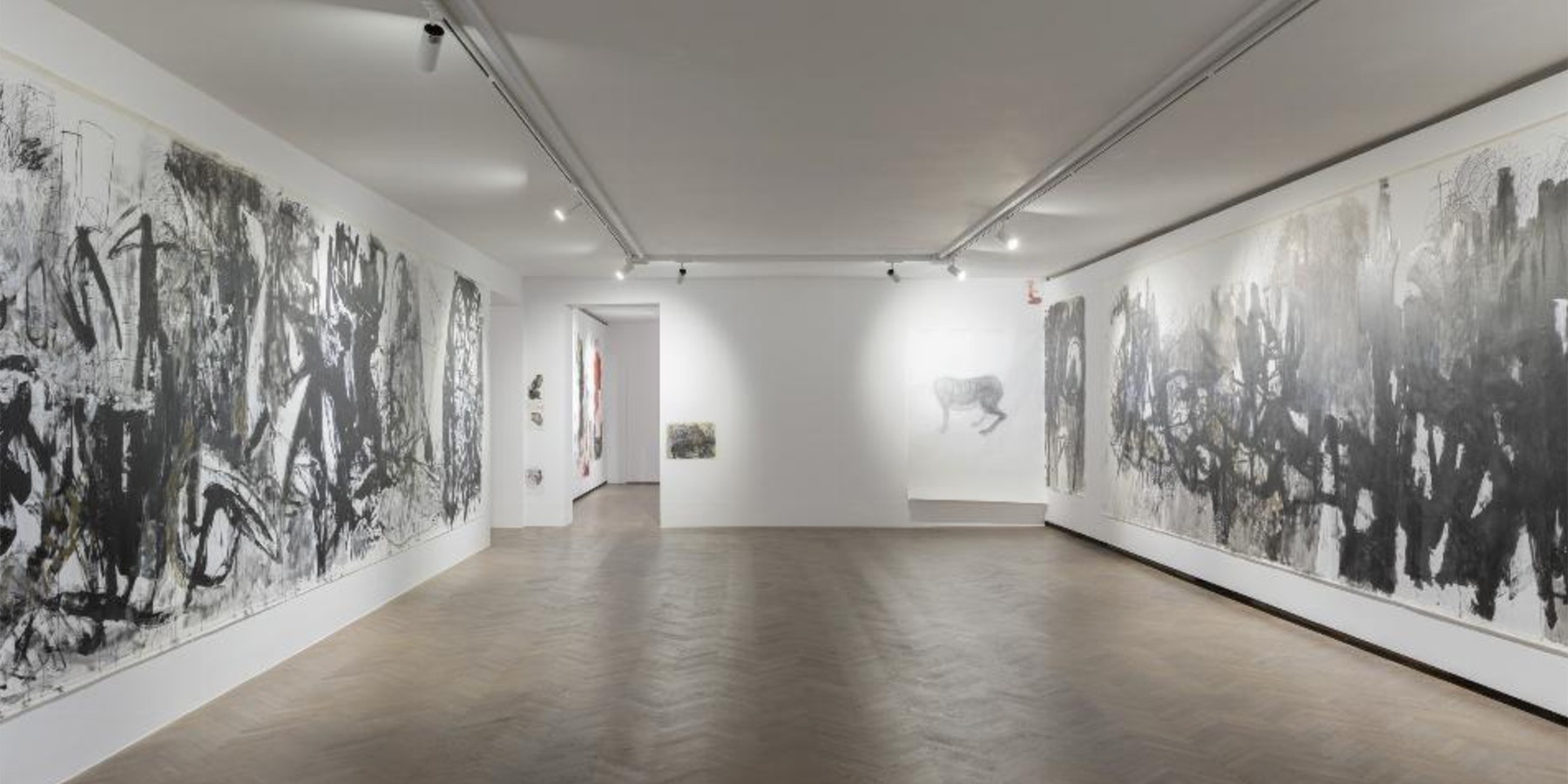
PLAN YOUR VISIT
Opening times:
Thuesday – Sunday
10:00-18:00
Last admission
to exhibition is at:
17.30
